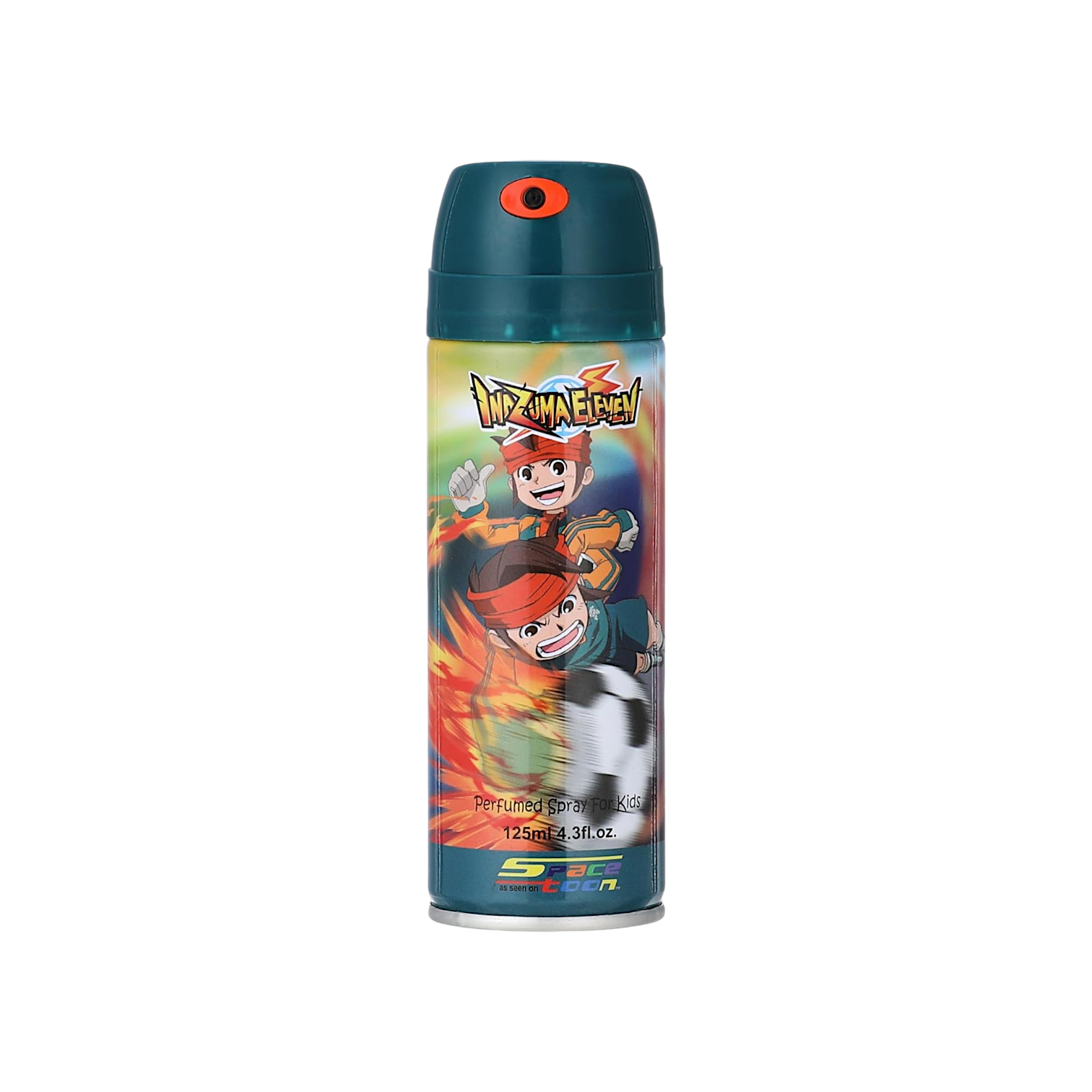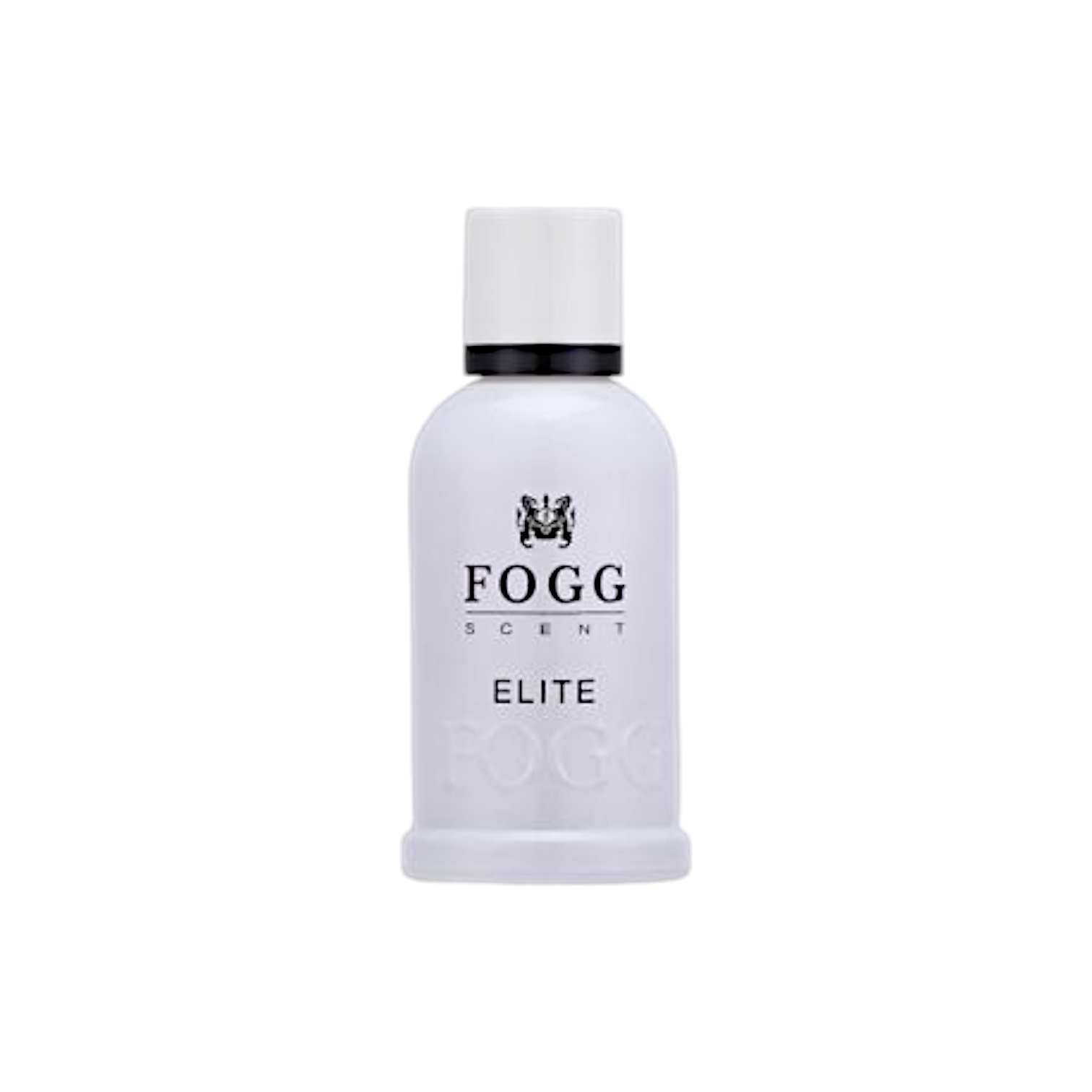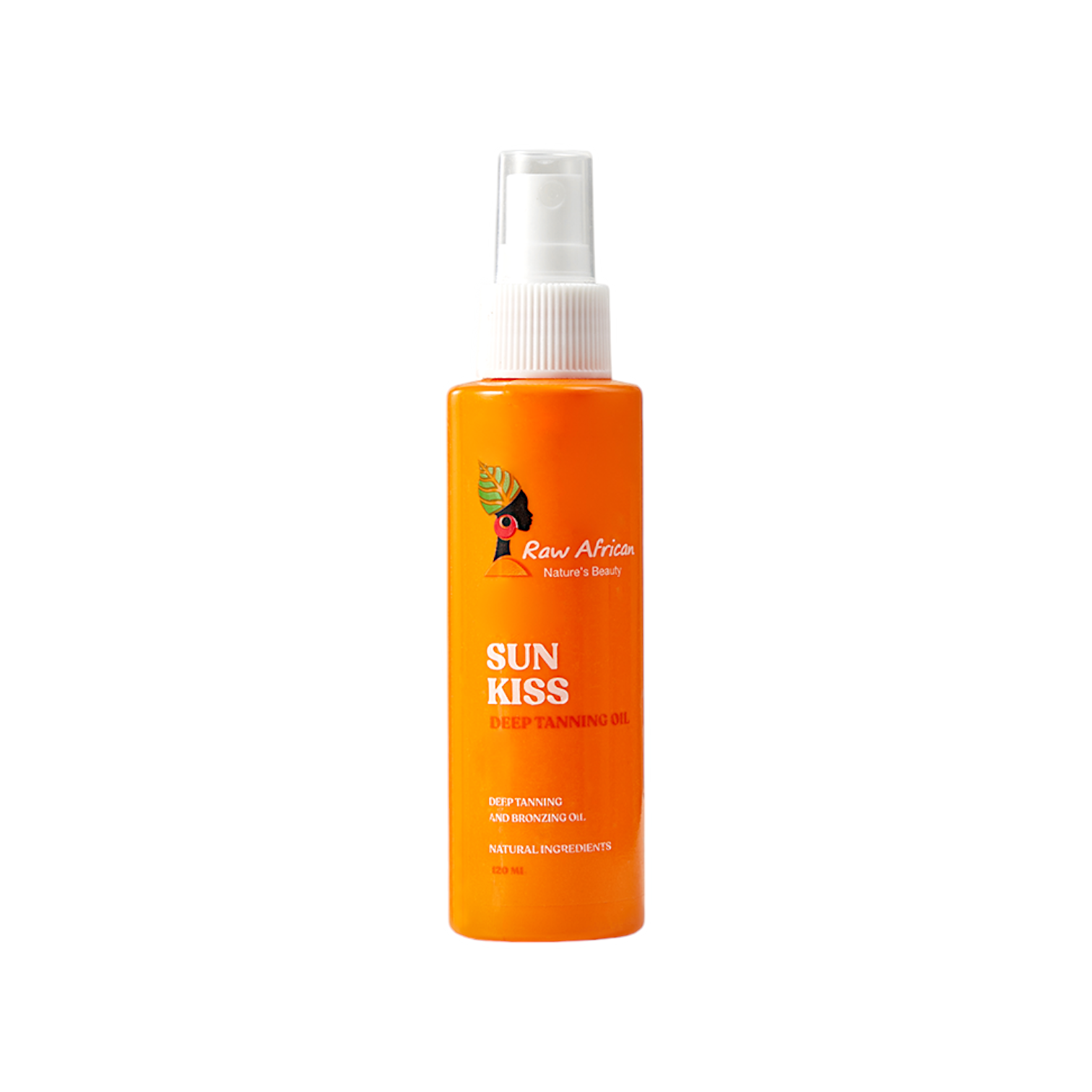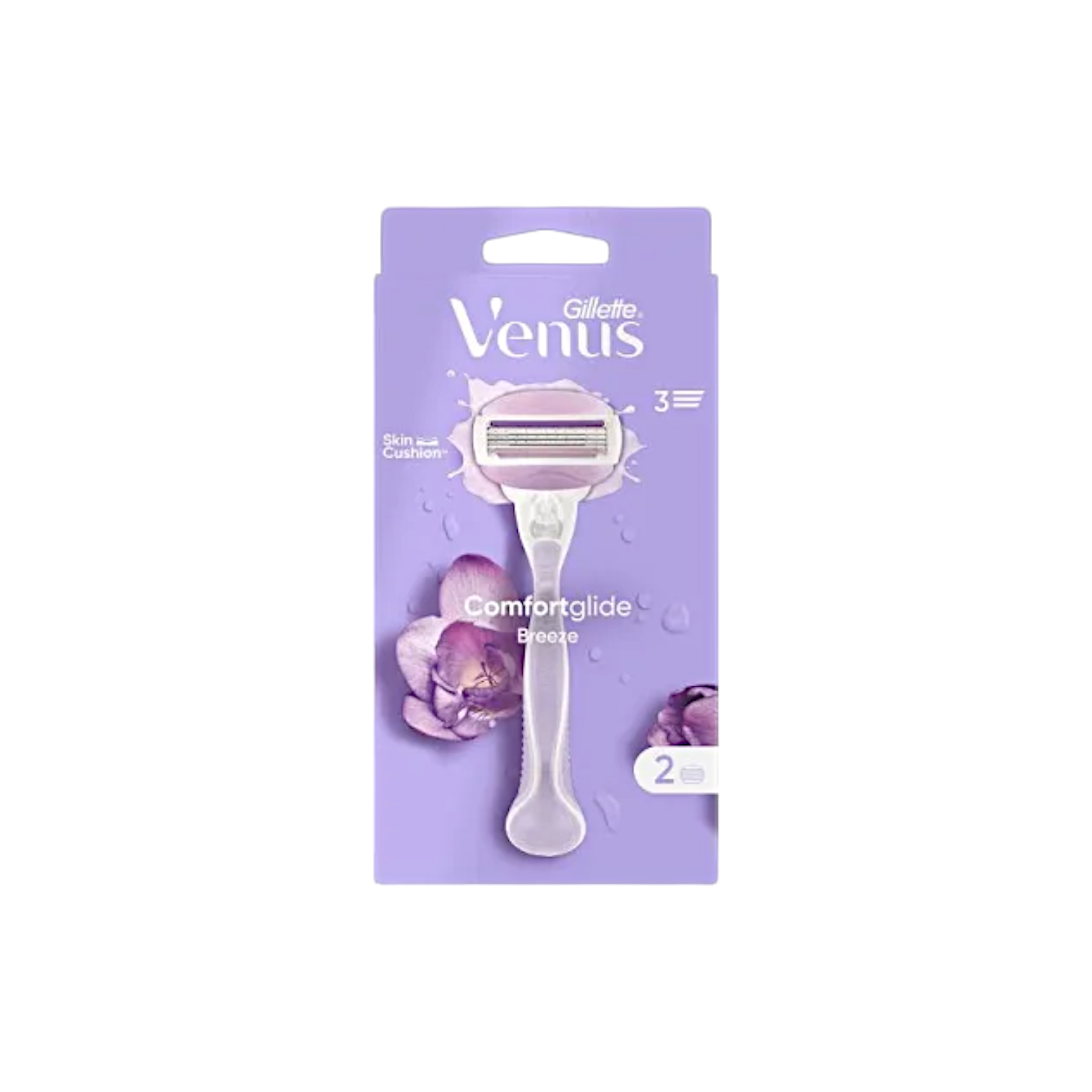Wooden brushes are versatile tools with a variety of uses. Here are some common types and their purposes:
Hair brushes:
- Detangle hair: Wooden brushes with soft bristles are gentle on hair and help detangle knots without causing breakage.
- Stimulate scalp: Massaging the scalp with a wooden brush can improve blood circulation and promote healthy hair growth.
- Reduce frizz: Wooden brushes often have natural bristles that minimize static and frizz.
Makeup brushes:
- Apply makeup: Wooden makeup brushes are used to apply various types of makeup, such as foundation, powder, blush, and eyeshadow.
- Blend makeup: The soft bristles of wooden brushes help blend makeup seamlessly for a natural finish.
Other uses:
- Cleaning: Some wooden brushes are designed for cleaning tasks, such as scrubbing dishes or cleaning surfaces.
- Personal care: Wooden brushes can also be used for exfoliating the skin or brushing teeth.
Benefits of wooden brushes:
- Natural materials: Wooden brushes are often made from sustainable materials, making them eco-friendly.
- Gentle on hair and skin: The soft bristles and natural materials of wooden brushes can be gentle on hair and skin.
- Durability: Wooden brushes can be durable and long-lasting with proper care.
When choosing a wooden brush, consider the specific purpose you have in mind and the type of bristles or material that best suits your needs.
Warnings for Wooden Brushes:
- Material allergies: Some people may be allergic to the wood or other materials used in wooden brushes.
- Hygiene: Regularly clean wooden brushes to prevent bacteria buildup.
- Rough bristles: Some wooden brushes may have rough bristles that can irritate the skin or scalp.
- Hair breakage: Avoid using excessive force when brushing hair, as this can lead to breakage.
By following these guidelines, you can safely and effectively use a wooden brush for its intended purpose.
 Safe Payment
Safe Payment
 7 Days Return Policy
7 Days Return Policy
 100% Authentic Products
100% Authentic Products




